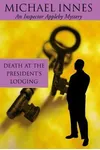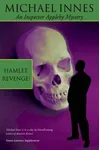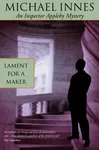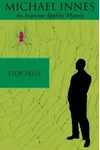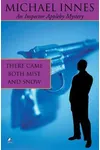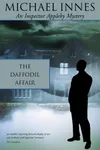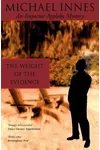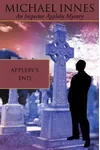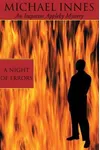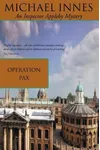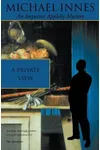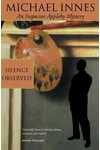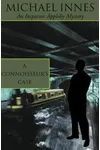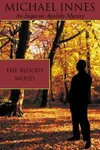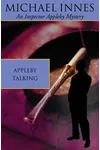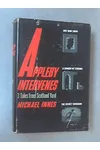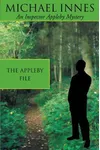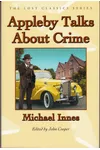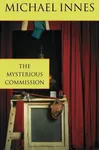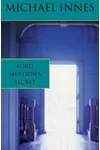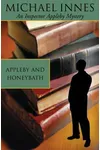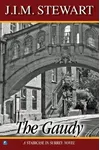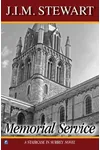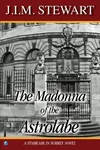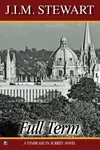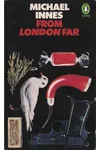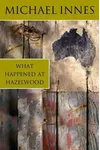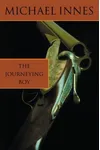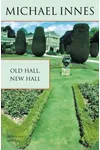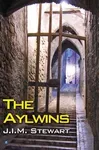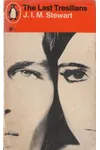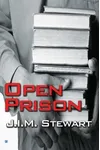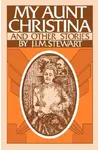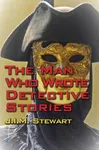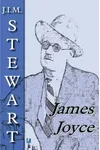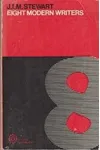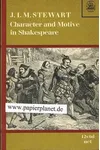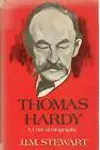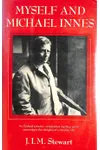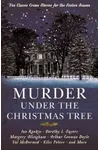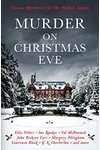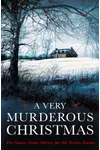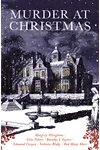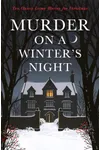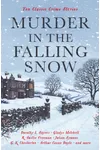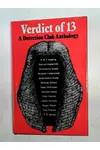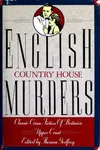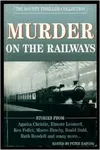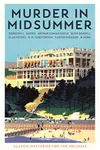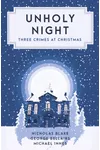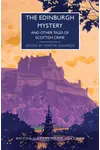Picture a Scottish storyteller who spun intricate mysteries with a wink and a nod—meet Michael Innes! Born John Innes Mackintosh Stewart in 1906, Innes was a master of classic crime fiction, crafting nearly fifty novels and short stories over five decades. His beloved characters, like the scholarly Inspector Appleby and the charming painter Charles Honeybath, brought wit, literary flair, and devilish plots to the cozy world of British mysteries.
With a career that blended academic rigor and playful storytelling, Innes captivated readers with his erudite prose and knack for turning murder into a parlor game. Let’s dive into the life, works, and lasting charm of this literary sleuth!
The Making of Michael Innes
Born in Edinburgh, John Innes Mackintosh Stewart grew up steeped in Scotland’s rich literary tradition. The son of the city’s Director of Education, he attended Edinburgh Academy before studying English at Oriel College, Oxford, where he snagged the Matthew Arnold Memorial Prize. After a stint in Vienna studying psychoanalysis, he lectured at universities in Leeds and Adelaide, Australia. It was in 1936, while a professor in Adelaide, that he donned the pseudonym Michael Innes and penned his first mystery, Death at the President’s Lodging, introducing the erudite Inspector John Appleby.
Innes’s academic life fueled his writing, infusing his mysteries with literary allusions and a sharp, donnish wit. His dual identity as a scholar and crime novelist remained a well-kept secret for years, delighting fans who discovered his two personas.
Michael Innes’s Unforgettable Stories
Innes’s bibliography is a treasure trove of clever plots and sparkling dialogue, with Inspector Appleby at its heart. Starting with Death at the President’s Lodging (1936), Appleby, a detective with a penchant for literary quips, rises from Scotland Yard inspector to Metropolitan Police Commissioner across dozens of novels. Hamlet, Revenge! (1937) cemented Innes’s reputation, blending a theatrical murder with Shakespearean nods and a devilishly complex plot.
Later, Innes introduced Charles Honeybath, a portrait painter and amateur sleuth, in works like The Mysterious Commission (1974). Honeybath’s gentler investigations, often among England’s quirky upper class, offered a contrast to Appleby’s procedural grit. The duo’s crossover in Appleby and Honeybath (1983) is a fan favorite, featuring a locked-room mystery and a missing corpse in a book-hating squire’s library. Innes’s style—witty, erudite, and laced with farce—set him apart from Golden Age peers, prioritizing wordplay over action and infusing even the darkest crimes with humor.
Other gems include The Journeying Boy (1949), a comedic romp through Ireland, and Sheiks and Adders (1982), where Appleby navigates a masquerade-turned-murder. Innes’s ability to weave literary references, from Alexander Pope to James Joyce, into his mysteries made his books a delight for readers who savored both puzzles and prose.
Why Michael Innes Matters
Michael Innes reinvigorated crime fiction with his playful, intellectual approach, influencing writers like Edmund Crispin and Colin Dexter. His “donnish detective” archetype—epitomized by Appleby—sparked a vogue for scholarly sleuths, blending highbrow humor with low-stakes skulduggery. His novels, still in print and available as eBooks, continue to charm readers who relish clever wordplay and cozy mysteries set in English manors and ancient colleges.
Innes’s legacy lies in his ability to make murder fun, crafting stories that feel like a fireside chat with a witty friend. His work reminds us that a good mystery doesn’t need gore—just a sharp mind and a sharper pen.
- Born: September 30, 1906, Edinburgh, Scotland
- Key Works: Death at the President’s Lodging, Hamlet, Revenge!, Appleby and Honeybath
- Pseudonym: Michael Innes (real name: John Innes Mackintosh Stewart)
- Career Highlight: Published nearly fifty crime novels between 1936 and 1986
Snag Hamlet, Revenge! or Appleby and Honeybath and dive into Michael Innes’s sparkling world of literary mysteries!
